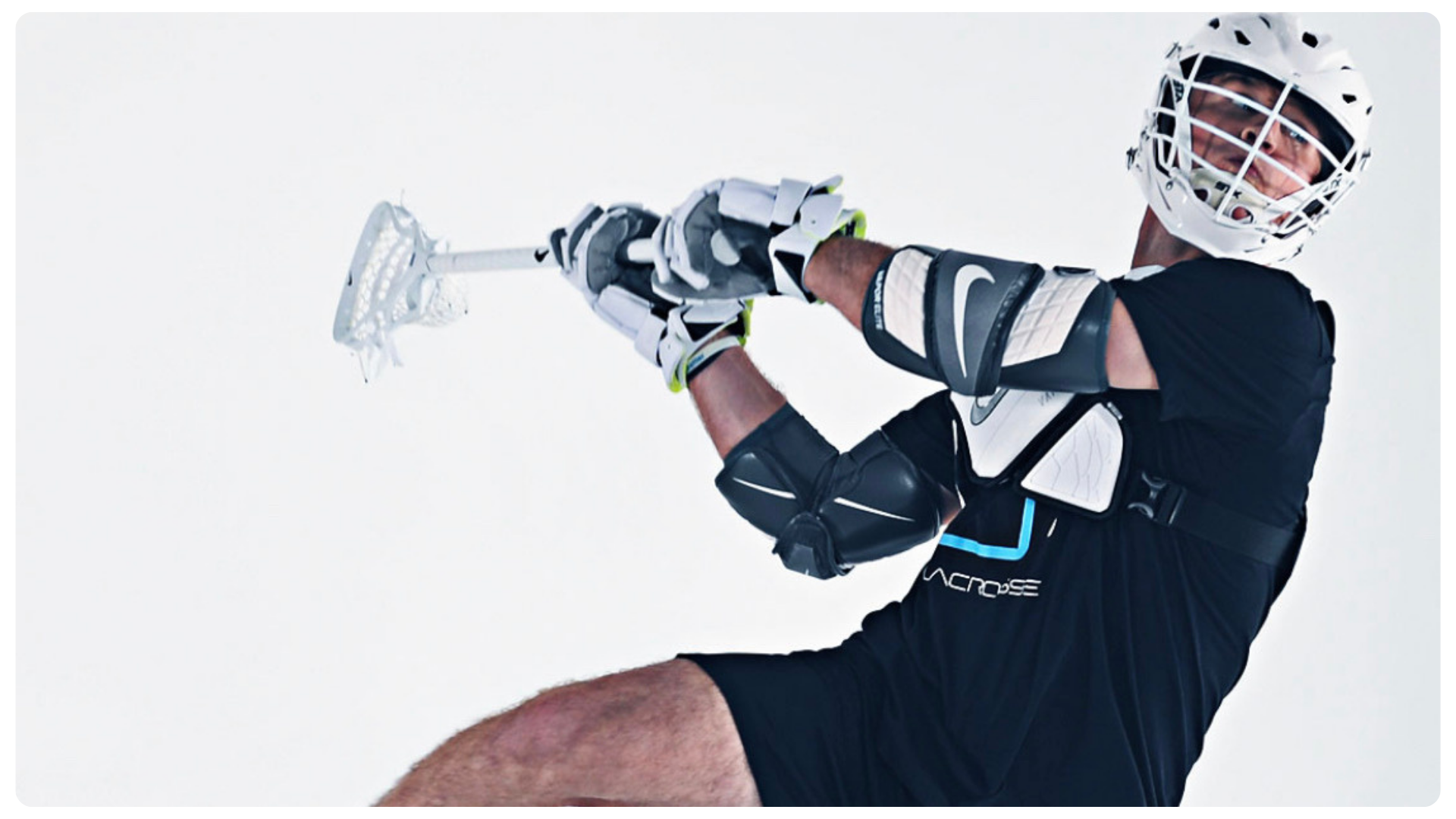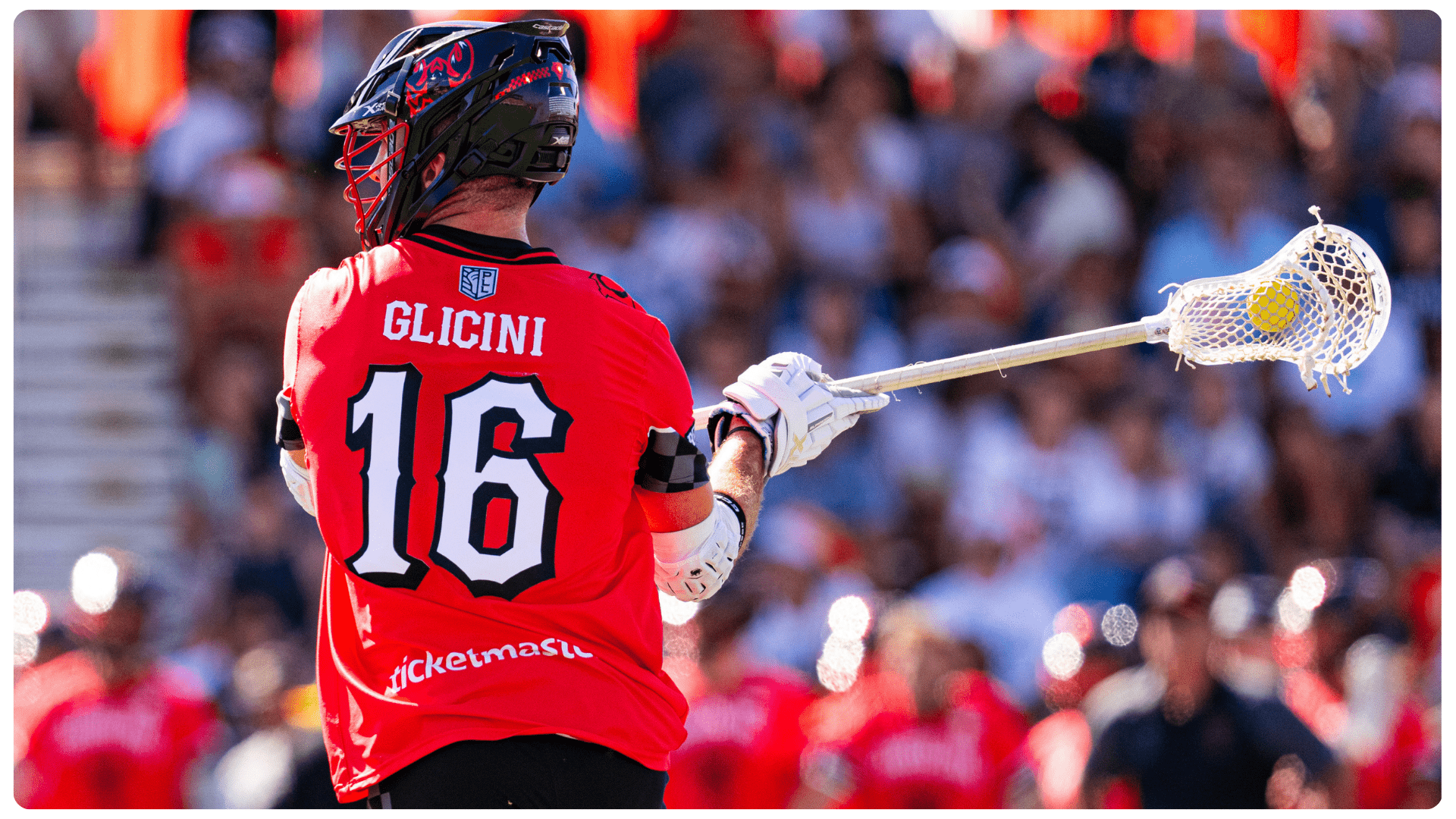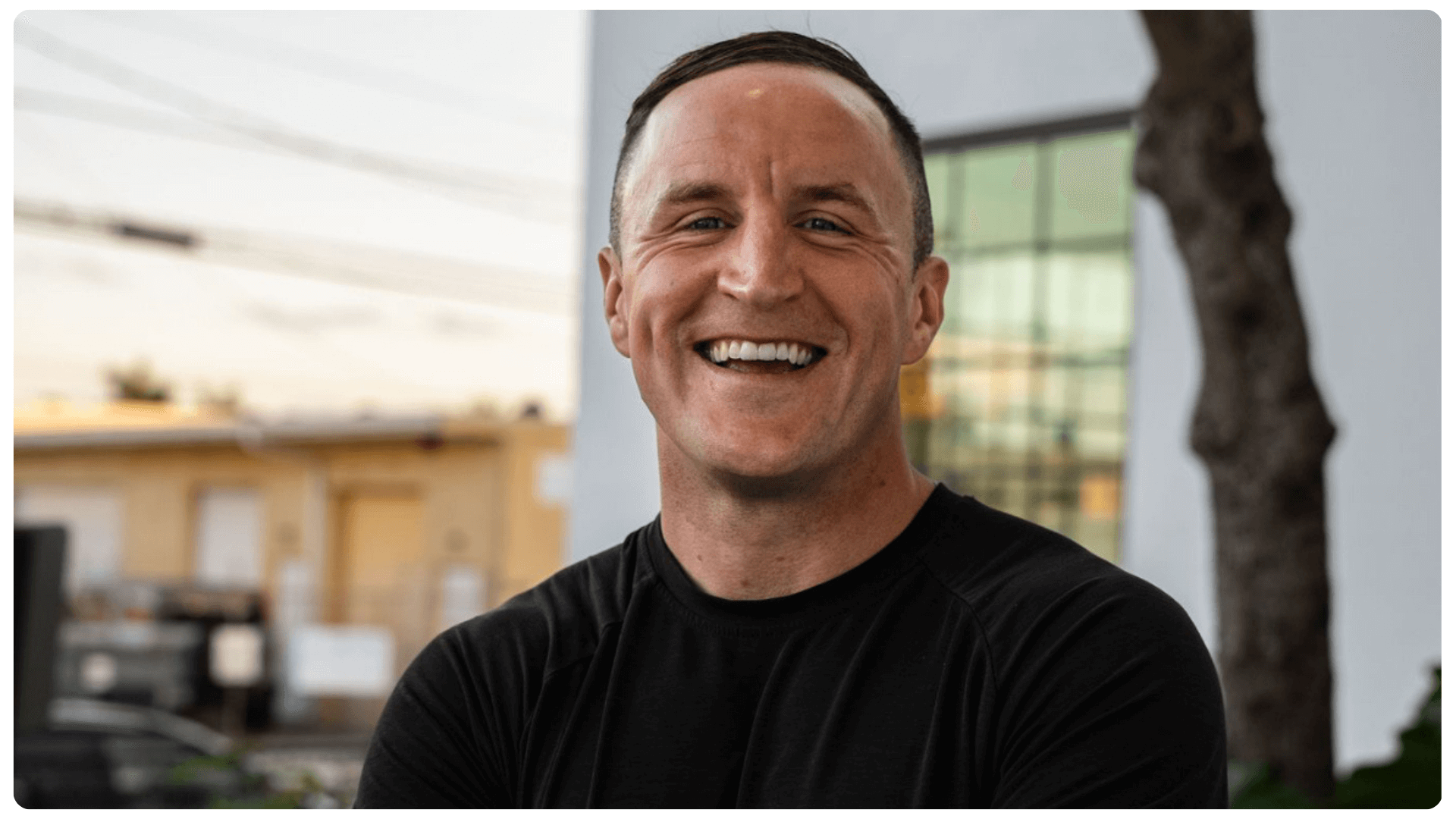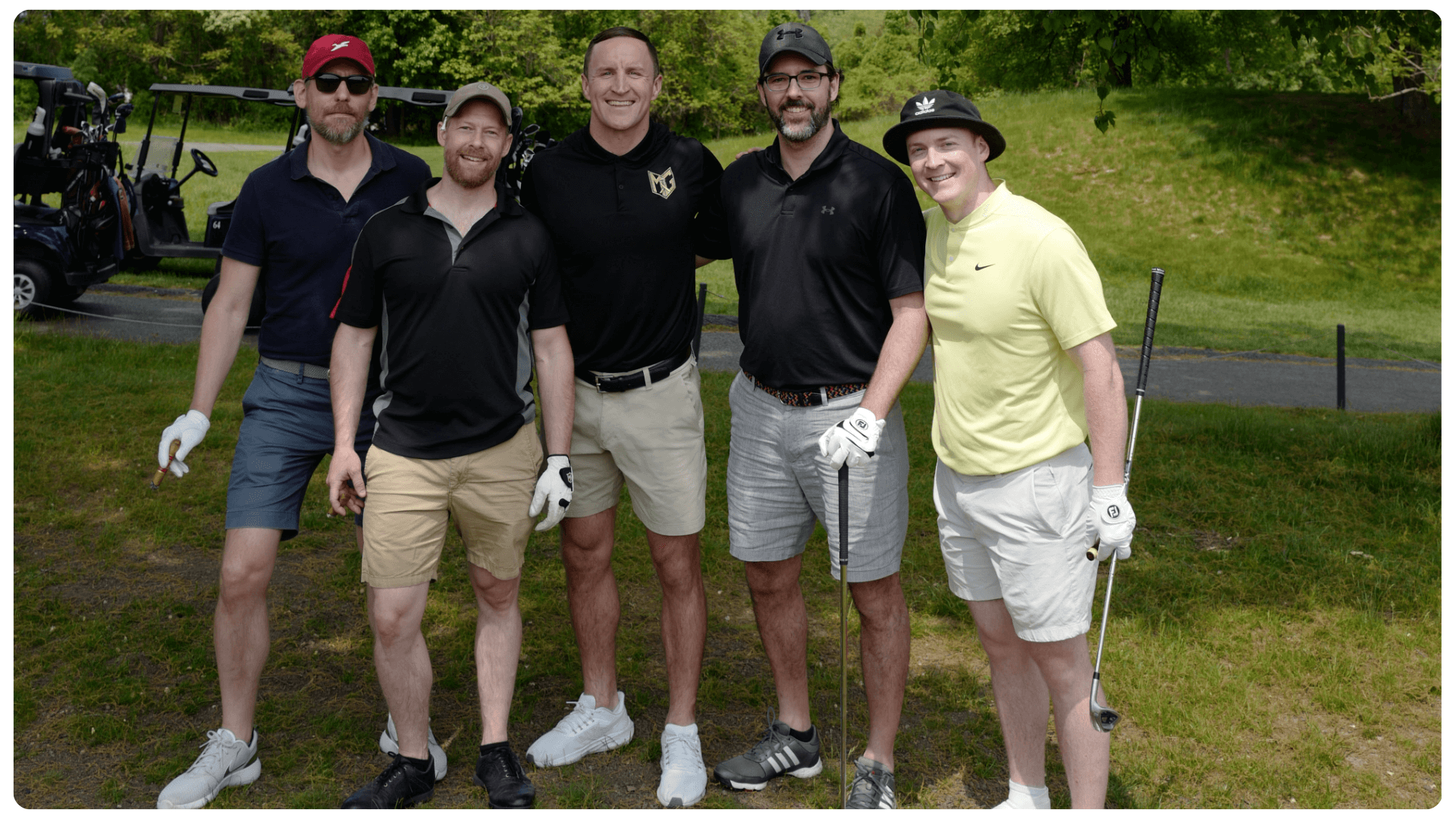FAITH > fear
Without evidence or proof, what do we believe to be true?

Building off last month’s post of knowing your numbers based on the Yerkes-Dodson Curve, optimal performance is realized through an interplay of activation and relaxation.
Growing up [and still to this day], the top word clients, family and friends use to describe me: intense. I never seemed to struggle with the high-stress side of the equation, making myself train and work; issues arose from the rest side, letting myself be. This resulted in over-excitement, bouts of burnout, and fire that burned my mental house down rather than cooked my food. Passion, when uncontrolled, becomes panic.
Numerous coaches would emphasize, “Mark, you just have to relax!” That’s what I needed to do… that’s what I wanted to do, as well. One major problem persisted: nobody showed me HOW TO relax.
The elixir I craved.
In our society, people are familiar with the term, hyperventilation. Perhaps it’s happened when watching a scary movie, experiencing turbulence on a plane, or battling anxiety after a surprisingly tragic event. Breath rate skyrockets, which increases heart rate, causing sweating and panting.. vision narrows and overwhelming nervousness fogs focus.
Very few individuals know, understand, and practice hypoventilation. In short, it comes down to taking longer exhalations. Inhaling through the nose or mouth, followed by extended releases of air via the mouth as if blowing on hot soup or breathing out through a straw.
“Smell the roses, blow out the candles.”
Exhales at least double the length of inhales allow breath rate and heart rate to drop, which eases the brain and body's physiological and somatic responses over time… opening vision from flashlight to floodlight, re-covering a state of calmness once again.
When passion becomes panic, we enter an internal environment of dis-ease. When we feel dis-ease, use a technique called Triple A, similar to the roadside assistance we could call when a car breaks down, AAA:
Acknowledge (become aware of how you feel),
Accept (feel it fully),
Address (hypoventilate).
This is what I know now that I wish I knew as a teenager, as a middle-school and high school student-athlete. This is what I know to do, yet not always do what I know. This is HOW TO relax.
Calm the mind...
by stilling the body...
through extended exhales.
What we resist will persist; what we let be will let us be.
Mark was born and raised in New Jersey where he became an elite high school student-athlete. He earned varsity letters as captain of his high school football, basketball and lacrosse teams and was elected into the National & Spanish National Honor Societies. He attended a post-graduate academic program at Deerfield Academy in Deerfield, MA before college where he earned his Bachelor of Arts degree in Economics from Yale University in New Haven, CT. He is currently a graduate student working toward his doctorate degree in Sport & Performance Psychology at San Diego University for Integrative Studies under Dr. Cristina Versari, Founder & CEO of SDUIS and former Head of Sport Psychology for the National Basketball Association. He is a Teaching Associate with Dr. Robert Gilbert, a Professor at Montclair State University (NJ) and a leading authority and author in the field of Applied Sport Psychology. Mark is currently the lead Mental Health & Wellness Player Advocate for the Premier Lacrosse League.
Mark is a Certified Fitness Trainer, Nutritionist, and Mental Performance Coach. He is currently pursuing a graduate degree in Sport & Performance Psychology at the San Diego University for Integrative Studies.
At Mark Glicini Peak Performance, we recognize that physical health reflects mental health. We study how intention drives behavior and emphasize that true peak performance requires an integrative approach—mind, body, and spirit.
As the Mark Glicini Meaningful Growth Foundation embarks on a journey of endurance and togetherness against the trials and tribulations brought upon by cancer, I state: every inch of my heart is in this.
Like so many, cancer has had a profound impact on my life. It took the lives of my grandfather and uncle before I was born. For years starting in 2011, I stood by my mother’s side as she battled and overcame lymphoma. Her fortitude, unwavering support from loved ones and God’s will triumphed amid extreme adversity.
Although we have not and may not win every fight, we will relentlessly strive to make an individual’s growth meaningful and to ensure his or her family feels cared for and supported. Thank you for your love, God Bless!

Without evidence or proof, what do we believe to be true?

The mind is possibility. Mindset is a set of possibilities. Let me unpack what I mean…

Over five years ago, I started a podcast to deeply explore the minds of human beings who, in my opinion, consistently display an appreciative and...